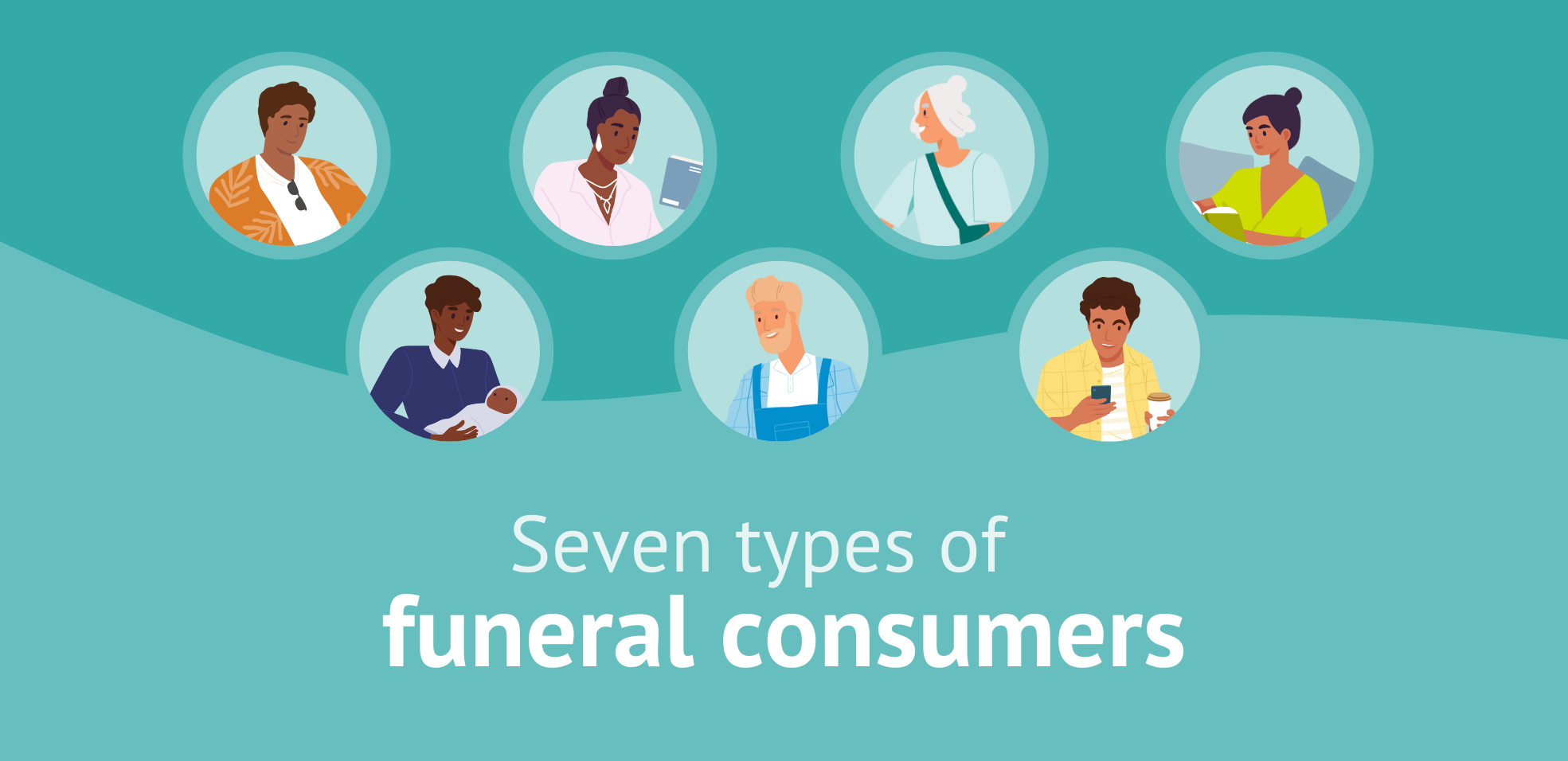A Lantern in the Dark: A Reflection on Grief
August 07, 2023
.png?width=1052&height=526&name=Passare%20blog%20sizing%20template%20(2).png)
Losing a loved one is difficult. And coping with the grief that comes after that loss is not any easier.
But grief, even though it doesn’t feel like it, is good. It helps us heal.
Dr. Alan Wolfelt puts it this way:
“Grief is natural and necessary, [though] our culture tends to deny, diminish, and judge the pain of grief…. If you are grieving, rest assured that what you are experiencing is not only normal, it is the very thing that will help you heal.”
Grief is difficult, and sometimes impossible, to overcome alone. But with the right support system, working through grief is a reality.
We asked our team if they would be comfortable sharing their journey through grief and how they received support throughout it all. This is one of those stories.
A Lantern in the Dark
By Brittany Brewer, former Passare Marketing Assistant. Shared with permission.
Other than the whirring machines, it's quiet.
Sometimes we sing to her, sometimes we cry, but most of the time we sit in silence. To say it is peaceful would be a lie; it’s a gnawing and anxious silence.
We are in as alert a state as we can be, tuned to every faint breath. We want to be with her in these last moments, to be present for her anticipated farewell.
My mother’s life was centered around love. She was known for her kindness, hospitality, and genuine care for others. She was brave, and she was patient. She impacted and was loved by so many - truly a mom to all.
How could we, and how would we say goodbye to someone who made life so much sweeter?
Was it surrender...or giving up?
The decision to place a loved one in hospice, no matter how necessary or obvious it may seem to do so, is not an easy one. For my family, my mother was already comatose in the hospital, so we were left with the responsibility to raise the white flag for her.
A nice way to put it is that it feels like surrender. But in the end, this surrender really just felt like giving up.
Were we giving up on her? Was there still hope if we continued treatment, or was it wrong to say there wasn’t? Would she want this?
These were the questions we had to ask ourselves. And answering them was difficult.
The only things we knew were that we loved her and wanted her here with us, but we didn’t want to prolong her painful battle unnecessarily or out of selfish reasons.
Through prayerful, careful, and painful consideration, along with the guidance of experts, we decided to transition her to an inpatient hospice facility.
Hospice was where we came face to face with our grief. Though we didn’t understand exactly what hospice was until my mother was placed there, the realities were hard to swallow.
This was where my mother would die. And she would be specially cared for with that in mind.
The battle ended in hospice
The care was different in the hospital. It felt we were in the trenches.
But in hospice, it felt the battle was over.
We had nothing to do but wonder how life would continue without my mom, despite the fact that she was still with us at the time.
One of the good things about hospice is that families are not left alone to the realities and wondering. From the receptionists to the medical professionals, the entire staff is tuned to each family’s needs. While my mother was receiving palliative care, my family was also receiving our own specialized care.
My mother’s nurse, Mary, had been working in hospice for about 20 years, and her experience showed in the delicate care and wisdom she imparted. Any questions we had were answered with gentle honesty, and she knew answers to questions we didn’t know we had. She offered us a certain comfort that came from having cared for the dying and their families for so long. She ushered and guided us along the grief journey in an invaluable way – something my family still cherishes today.
Although hospice indicates there is not much time left with a loved one, the time in hospice is a sort of limbo. In the waiting, there is time to think about what comes next. There is time to think about how a loved one’s life can be honored. There is time to grieve.
Into the unknown
My mother’s final breath was taken surrounded by our family. I can thank her nurse for this, who knew my mom was in her final moments and gathered my family from around the building. When it happened, there was no rush or hurry; we were allowed to sit in that moment for as long as we needed.
When Mary sensed the time was right, she approached my father about calling a funeral director to transport mom’s body. We have a good family friend who is a funeral director, so we knew who to call, but Mary was prepared to offer us any further guidance as needed.
The moments after my mom’s death were a stillness.
In hospice, we had the time to sit in our grief. We had the comforting confidence that experts were there to usher us through the next steps when we were ready. We didn’t have to know what was next because we were surrounded by people that did.
A lantern in the dark
In the days following my mom’s death, the silent waiting of hospice was gone.
Then, the aftershock of death hit.
We were left with holes in our hearts and pits in our stomachs amidst a whirlwind of duty. There were things to be done: communicate with loved ones, plan the funeral, and follow the logistical order of operations that accompany a person’s death.
If you’ve experienced the death of a loved one, you know the to-do list piles up at an alarming rate.
If it wasn’t for the support and care of Brian, our friend and funeral director, we never would have navigated our way out that storm, let alone honor my mother in a deserving way.
Brian placed our yoke of responsibility on his shoulders so we could lament and grieve, and so that, in the end, we could remember and celebrate mom’s life in a meaningful way.
His presence and guidance during that time is something I will never forget. He was a lantern in the dark, leading us step by step.
With gratitude and appreciation
As writing this has allowed me to reflect more on my family’s experience with hospice, I am left with one final thought. No one, no family, should walk alone during that time. And they don’t have to.
Hospice and funeral workers are invaluable.
Their specialized support and wisdom act cannot be found elsewhere. I can say without a doubt that my family would have been lost without the care of both.
We were comforted knowing we were in the capable and careful hands of experienced professionals working together.
So, thank you hospice workers and funeral staff for the good work you do. As you guide and care for grieving families together, I hope you never forget your value. I certainly won’t.
Because as Charles Dickens said, “No one is useless in this world who lightens the burdens of another.”
---
Thank you for all that you do.
Brittany’s reflection allowed her to remember how hospice and funeral workers helped her family through a time of grief.
We’re thankful she shared this story with our team so we could also reflect on grief and those who help us navigate it.
So, to funeral and hospice workers everywhere, never forget your work is irreplaceable. Thank you for being a light in the darkest times and for your dedication, compassion, and devotion to serving each family well.









